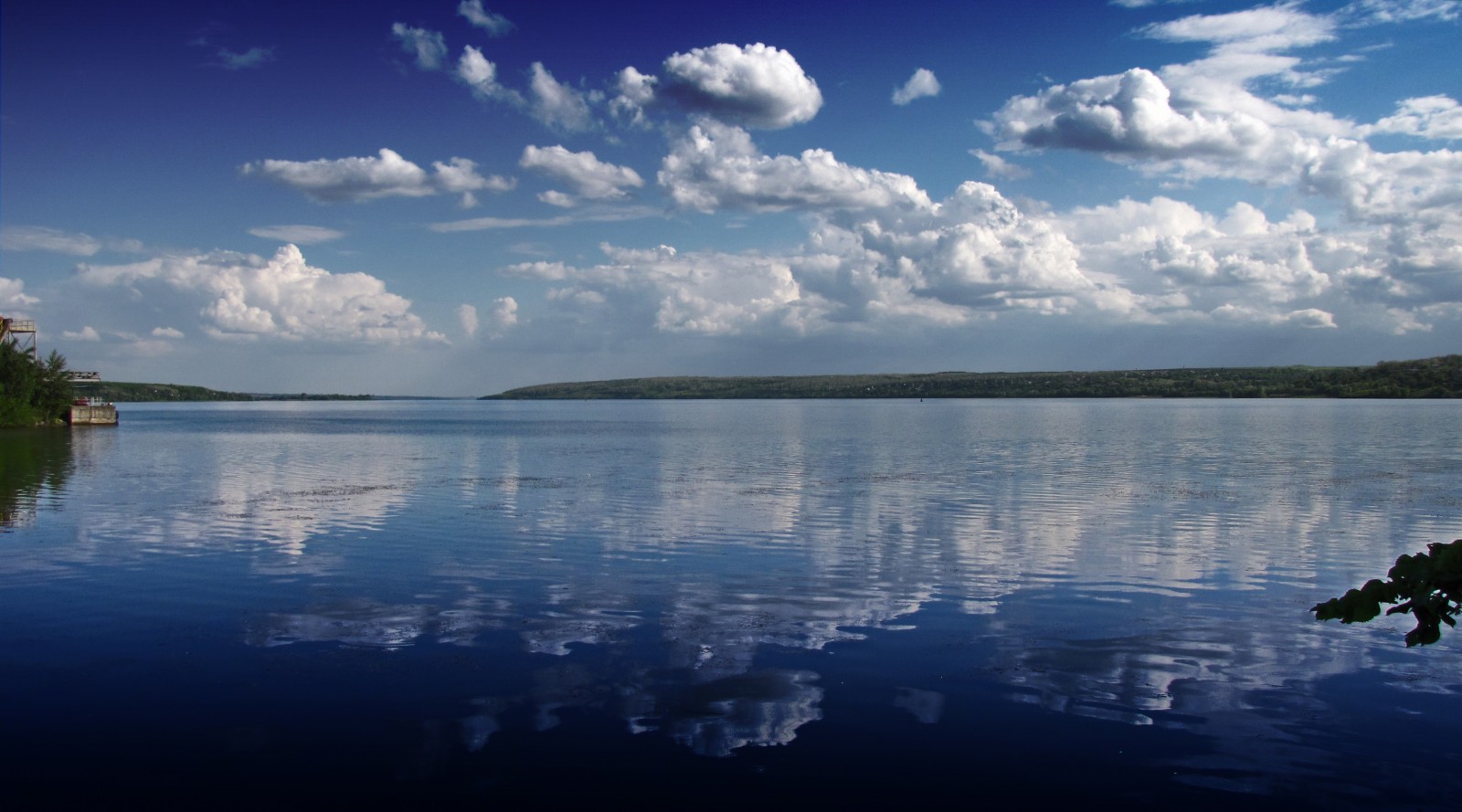HotSpots H2O: Russia Under Pressure as Thousands in Crimea Ration Water

The Dnieper River. © Wikimedia Commons
By Elena Bruess, Circle of Blue
Moscow is under increased pressure as thousands in Crimea have been rationing water for months due to a Ukrainian water blockade.
In the Russian-annexed territory of Crimea, most citizens are only allowed water for three hours in the morning and three hours in the evening, reported Emerging Europe. The water crisis has left Russia’s government searching for a solution and added financial strain to its occupation of the area, which already cost the country 1.5 trillion rubles ($23 billion) from 2014 to 2019.
Last month, Vladimir Konstantinoc, the chairman of the State Council of Crimea, announced that Crimea is planning to sue the Ukrainian government for losses the region has suffered since the water blockade. The charges, which would be brought in international court, include damages to agriculture, ecology, and public health.
Water scarcity in Crimea — a peninsula bridged between Russia and Ukraine — has been ongoing since Russia’s annexation of the area just over seven years ago. In response to the occupation, the Ukrainian government blocked the flow of freshwater from the Dnieper River to the North Crimean Canal, eliminating 85 percent of Crimea’s water supply. Ukrainian officials declared that the blockade will not be lifted until Russian’s occupation ends, leaving the water crisis at a standstill for years.
But in 2020, the situation’s urgency escalated as Crimea suffered its driest year in the past century and a half. Crimea’s Simferopol reservoir is now nearing empty, depleting a local water source. The agricultural industry has also rapidly declined, with the already arid regions becoming drier and water-intensive crops all but dying out.
Without the Dnieper River, Crimea’s cropland decreased from 140,000 hectares in 2013 to 17,000 in 2014.
The Ukrainian government, whose ultimate goal is to reunite with “temporarily occupied Crimea,” has argued that lifting the blockade would aid Russia in its military efforts. Therefore, the country cannot give water to Crimea without providing water to the Russians. But this tactic may also be counterproductive in the long-term and complicate reunification, since Crimeans could grow to resent Ukraine for inducing water shortages.
Only in the last year has Russia acted on water scarcity in Crimea. In November, Russian authorities agreed to 50 billion roubles ($650 million) for actions to address the water crisis, such as digging underground reservoirs and building a desalination plant that could produce 40,000 cubic meters of fresh water a day.
Elena Bruess writes on the intersection of environment, health, and human rights for Circle of Blue and covers international conflict and water for Circle of Blue’s HotSpots H2O.




